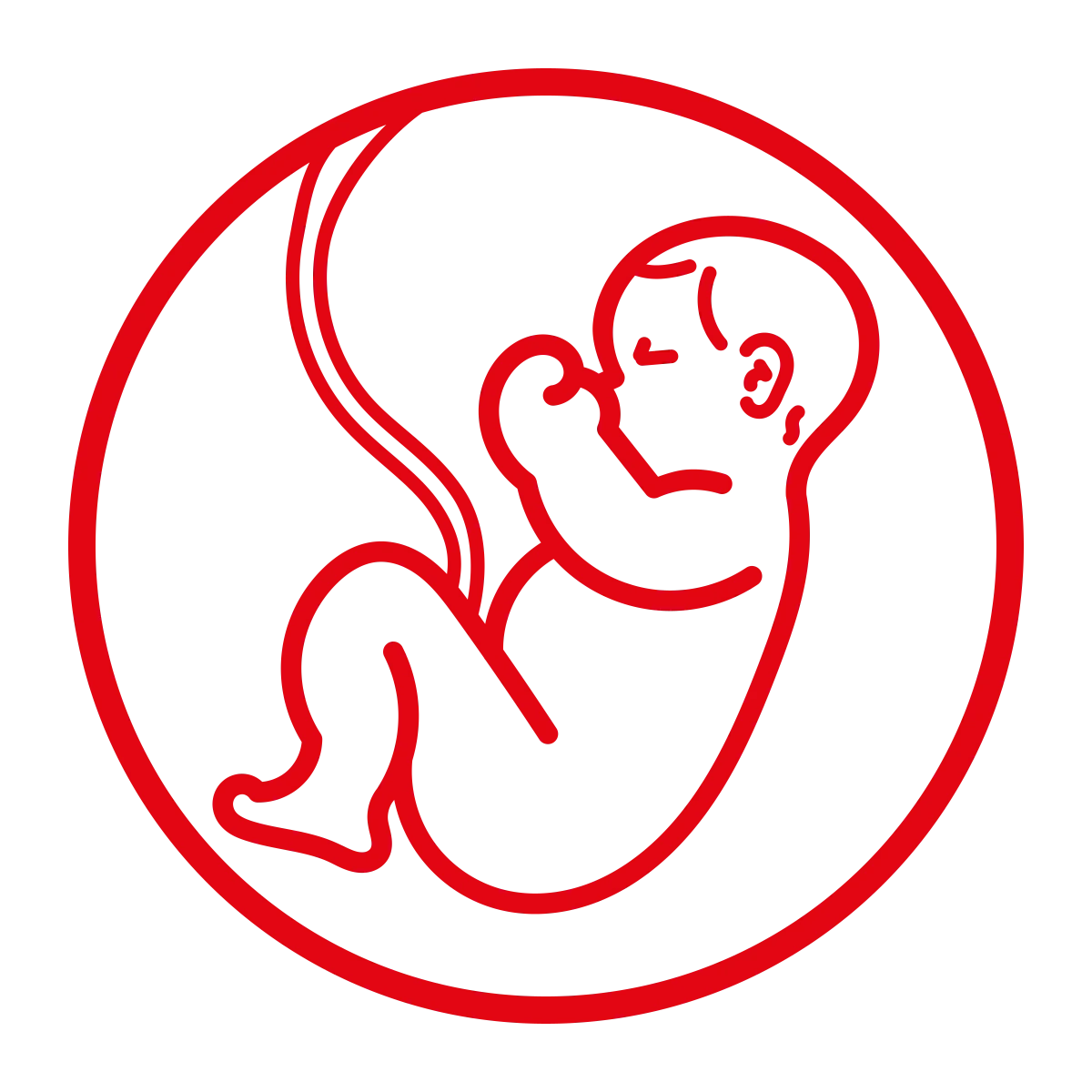Buffalo, NY – Continental Airlines Flight 3407, traveling from Newark, NJ to Buffalo, NY, suddenly crashed into a suburban home at 10:20 p.m., Feb. 12, 2009. The tragic airplane accident killed the 49 passengers and crew aboard the plane and one individual in the home. This commuter plane crash is the first such devastating commercial aircraft accident in about 2-½ years.
Plummeting to Earth about 5 miles away from its destination, Flight 3407 descended in light snow and fog. Although the precise cause of the crash is still under investigation, experts speculate that:
- Ice buildup on the plane’s wings (a major hazard that interferes with lift and aerodynamics) could have caused the plane to drop. Immediately before the accident, other pilots in the area had been discussing ice buildup on their wings.
- A mechanical failure, including uncoordinated deployment of wing flaps or uneven engine thrust, may have contributed to the plane crash.
Federal investigators hope to gain more insight as to the cause of this tragic plane crash after examining the aircraft’s black box, a recording device on all planes that details the operations of an aircraft during flight.
Details of the Buffalo Airplane Crash
When Continental Flight 3407 went down, witnesses in the suburban neighborhood reported to hearing sputtering, followed by a horrific explosion.
In a crash that could have taken out the whole neighborhood, the commuter plane squarely hit one home in a near vertical drop that caused 50 to 100-foot flames to shoot up from the crash site. Only the aircraft’s tail was visible to neighborhood witnesses.
Forty-four passengers, five crew members and one resident in the home were killed on impact. Miraculously, two other individuals in the home – Karen Wielinski, 57, and her daughter, Jill, 22, – survived with only mild personal injuries.
Air Traffic Control Has no Records of Prior Distress
According to air traffic control’s records, Flight 3407’s pilot didn’t issue a mayday call before crashing. In fact, neither the pilot nor the air traffic controller was worried about possible problems when the controller suggested the plane cruise at 2,300 feet.
About a minute after asking the plane to change its altitude, the controller attempted to make contact with the pilot again – who didn’t respond. Following one more attempt to contact the pilot, the controller asked an unidentified individual to get in touch with ground authorities.
While the National Transportation Safety Board has investigators still working on determining the precise causes of this tragic crash, the Department of Homeland Security has already concluded its investigations and ruled out the possibility of sabotage and terrorism.







